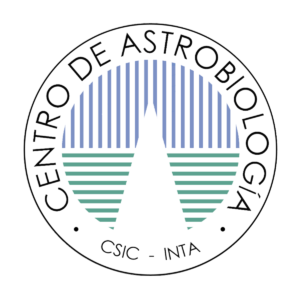C. S. Cockell, P. Schwendner, A. Perras, P. Rettberg, K. Beblo-Vranesevic, M. Bohmeier, E. Rabbow, C. Moissl-Eichinger, L. Wink , V. Marteinsson, P. Vannier, F. Gomez, L. Garcia-Descalzo, P. Ehrenfreund, E.P. Monaghan, F. Westall, F. Gaboyer, R. Amils, M. Malki, R. Pukall, P. Cabezas and N. Walter. 2018. Anaerobic microorganisms in astrobiological analogue environments: from field site to culture collection. International Journal of Astrobiology 17, 4, 314-328 DOI: 10.1017/S1473550417000246
Astrobiology seeks to understand the limits of life and to determine the physiology of organisms in order to better assess the habitability of other worlds. To successfully achieve these goals we require microorganisms from environments on Earth that approximate to extraterrestrial environments in terms of physical and/or chemical conditions. The most challenging of these environments with respect to sample collection, isolation and cultivation of microorganisms are anoxic environments. In this paper, an approach to this challenge was implemented within the European Union’s MASE (Mars Analogues for Space Exploration) project. In this review paper, we aim to provide a set of methods for future field work and sampling campaigns. A number of anoxic environment based on characteristics that make them analogous to past and present locations on Mars were selected. They included anoxic sulphur-rich springs (Germany), the salt-rich Boulby Mine (UK), a lake in a basaltic context (Iceland), acidic sediments in the Rio Tinto (Spain), glacier samples (Austria) and permafrost samples (Russia and Canada). Samples were collected under strict anoxic conditions to be used for cultivation and genomic community analysis. Using the samples, a culturing approach was implemented to enrich anaerobic organisms using a defined medium that would allow for organisms to be grown under identical conditions in future physiological comparisons. Anaerobic microorganisms were isolated and deposited with the DSMZ (Deutsche Sammlung von Mikroorganismen und Zellkulturen GmbH) culture collection to make them available to other scientists. In MASE, the selected organisms are studied with respect to survival and growth under Mars relevant stresses. They are artificially fossilized and the resulting biosignatures studied and used to investigate the efficacy of life detection instrumentation for planetary missions. Some of the organisms belong to genera with medical and environmental importance such as Yersinia spp., illustrating how astrobiology field research can be used to increase the availability of microbial isolates for applied terrestrial purposes.






